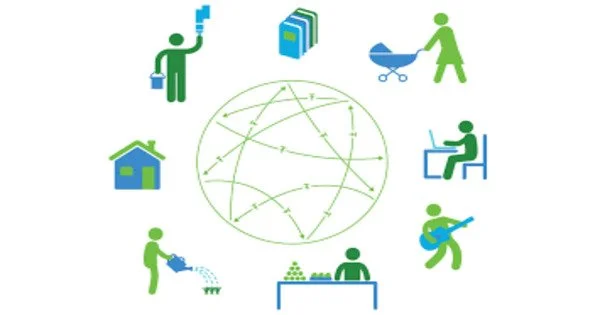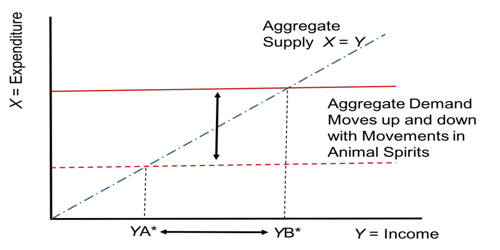A Community Exchange System (CES) is a locally-based, decentralized trading network that facilitates the exchange of goods and services between members without the need for traditional currency. Instead, members use a system of credits or time-based currencies to trade with each other.
CES is a global trading network based on the internet that allows participants to buy and sell goods and services without the use of a national currency. It can be described as a free software-based local exchange trading system (LETS) network. While the Community Exchange System can be used as an alternative to traditional currencies such as the Australian dollar, euro, or South African rand, it is a complementary currency in the sense that it works alongside established currencies.
CESs are usually operated by nonprofit organizations and community groups and aim to promote local economic development, social cohesion, and environmental sustainability. They are often used in areas where traditional economic systems have failed or where there is a need for more equitable and sustainable ways of exchanging goods and services.
The name CES was coined by the Cape Town Talent Exchange, an online web service that began in 2003 in Cape Town, South Africa (CTTE). From there, it spread to 99 countries, with Australia, where CES Australia was founded in 2011, seeing the greatest uptake. This original CES expands on the concept of LETS and similar systems by allowing inter-community trading; it is a global network of communities that use non-monetary exchange systems.
Members of a CES earn credits or time-based currency by offering their skills, services, and goods to other members. These credits can then be used to obtain goods and services from other members of the network. In this way, CESs promote community building and social interaction, as well as provide an alternative to traditional economic systems.
CESs are often based on the principles of mutual credit and reciprocity, which means that members are expected to give and receive in roughly equal measure. This helps to ensure that the network remains sustainable and that members do not accumulate large debts or credits.
CESs have been used in a variety of settings, from small rural communities to urban neighborhoods. They have been particularly popular in areas where there is a high level of unemployment, poverty, or social exclusion.
The CES is an international event. It does not use printed money or coins, instead relying on computer technology to function as a “online money and banking system,” alternative exchange system, and marketplace. It is an advance from a transaction in which one good or service is exchanged for another good or service, also known as barter, because it employs a digital unit of value (not the same as a digital currency).
















